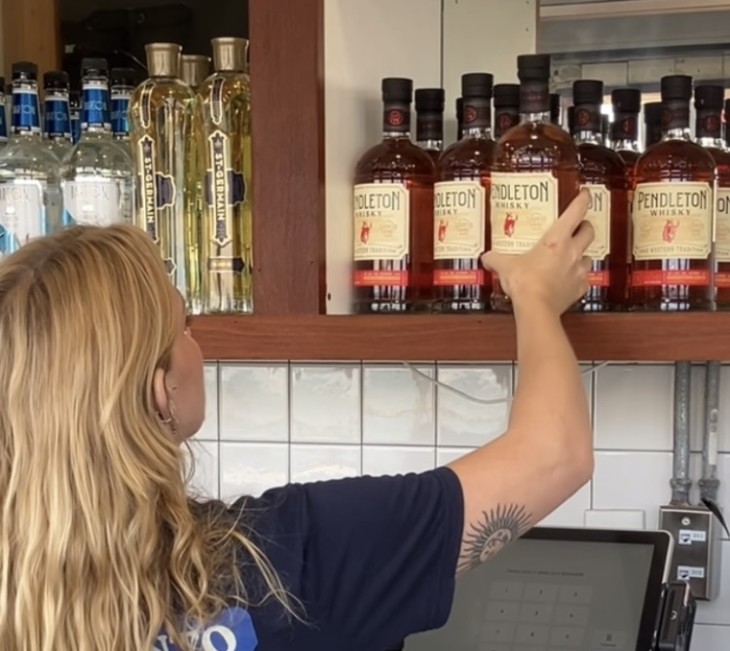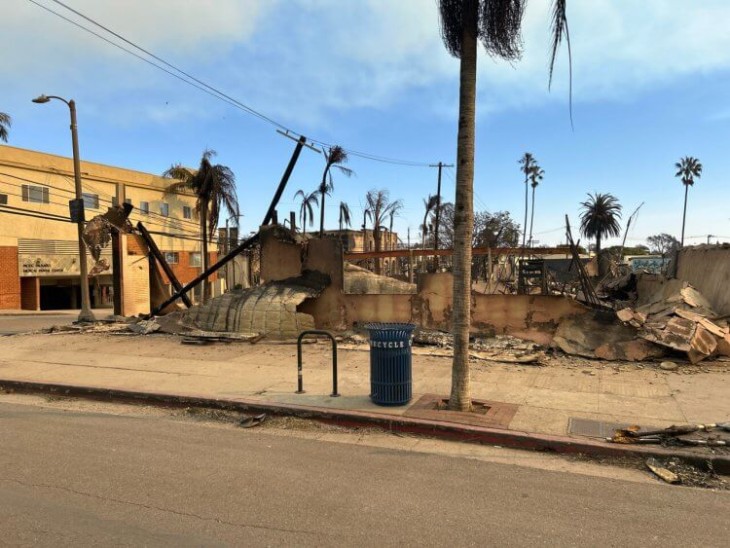You’ve heard the old saw about boiling a frog. Sorry for the graphic image. But sometimes, those are the only kind that wake us up to the cold, hard, and disturbing realities of our lives. You are the frog. Even now you are in the pot of water. It starts out warm and cozy and stays that way for what seems like a long time. Eventually, you start feeling a little warm, then hot. It is not enough to complain about. But there has definitely been a change. Before you know it, you are boiling.
The pot is life and all its vicissitudes. You are not just in one pot, but many. Okay, the metaphor is breaking down. But you get the idea. Life contains many components: each of which is like a pot on slow boil. We have no real idea that certain aspects of our life are on fire until it is too late. As the frog in the kettle, we are perhaps in the worst possible position to self-diagnose and provide self-care. That doesn’t mean we are completely helpless. It is a matter of knowing and looking for the signs that something is awry. Here are a few of those signs that can help you escape the boil:
Diagnosing Depression
First and foremost, it takes a professional healthcare provider to properly diagnose depression. Clinical depression is a mental health issue that requires a mental health expert for diagnosis and treatment. That doesn’t mean the situation is hopeless. Can you self diagnose depression? Not really. But you can recognize the warning signs. You also can’t self-diagnose carbon monoxide poisoning. But you can get a reliable monitor that lets you know when you are in serious trouble.
It is easy to confuse depression with garden-variety grief. With grief, you have moments of happiness and lightness of heart. With depression, it is all dark and heavy all the time. With grief, self-esteem is intact. With depression, there is low self-esteem. With grief, suicidal ideation is often due to the desire to be reunited with the one being grieved. With depression, suicidal ideation is more often the result of a sense of unworthiness and self-loathing.
As you can see, it is easy to confuse one with the other. Grieving is natural and healthy. Depression is medically unhealthy and requires medical intervention. If you see the warning signs, get help.
Too Much Athletics
How can you tell when you are devoting too much time and effort into sports? Professional athletes can’t tell. They often go too far in pursuit of their passion. Athletes and drug overdoses are a natural but tragic pairing that we see all too many times. The warning signs might be apparent even at the level of the playground.
Is your child much too competitive? Are they unable to stop even after the whistle blows and playtime is over? Do they show remorse when they accidentally hurt their playmates? Or do they just treat it as if it were a part of the game? Do they stop and take their own injuries seriously? Do they want to play all the time even when their grades are failing? People addicted to athletics are seldom aware of when enough is enough. That is why boxers need someone in their corner who will throw in the towel on their behalf. You might have to be that intervention for a budding athlete in your life.
COVID
Here’s the bad news: COVID cases are on the rise again in the US. As people prepare to travel for Thanksgiving, a luxury many missed out on last year, they are wondering if they have the dreadful disease, or are at high risk of getting it. With COVID, you will likely suffer flu-like symptoms. But one of the more telling symptoms of COVID is a drop in blood oxygen and the loss of taste and smell.
If you are experiencing either of these along with flu-like symptoms, you should talk to your doctor right away. The only way to know if you have COVID is by taking a proper COVID test. The best protections are still getting vaccinated and wearing a mask in public. Don’t try to self-diagnose. Just talk to your doctor if you notice any of the warning signs.
By now, you have noticed a common theme: Whether it is depression, athletic activity, or COVID, we are bad at self-diagnosis. However, we can recognize warning signs. Don’t ignore warning signs. When you see them, talk to a medical professional right away for a proper diagnosis and treatment.

























